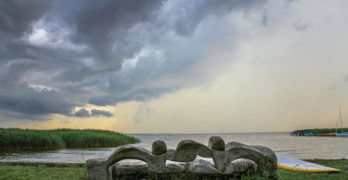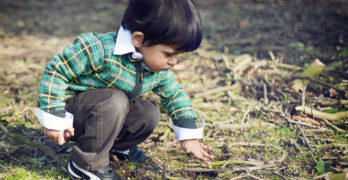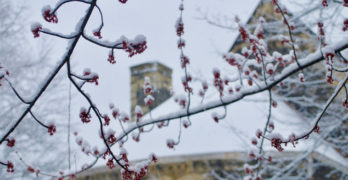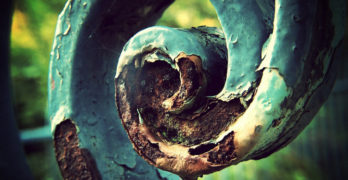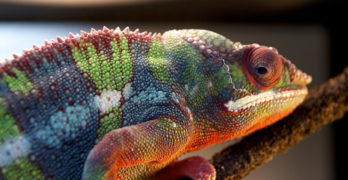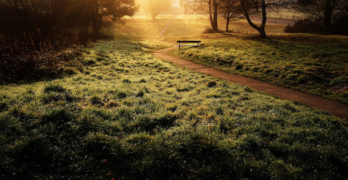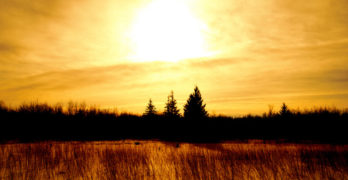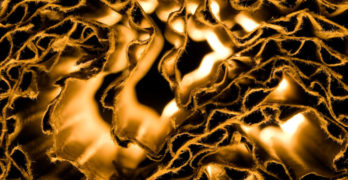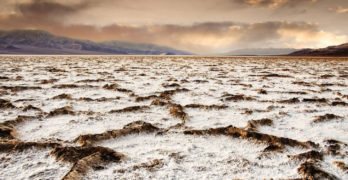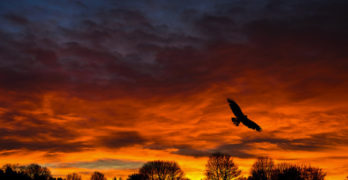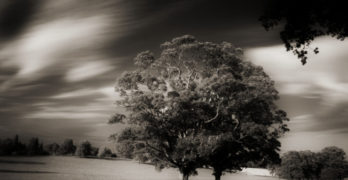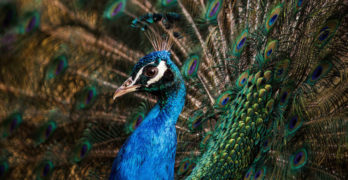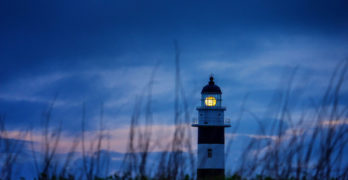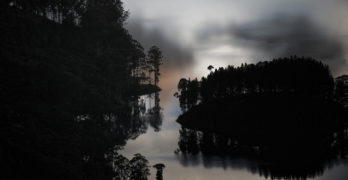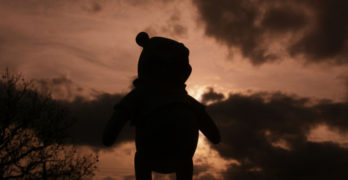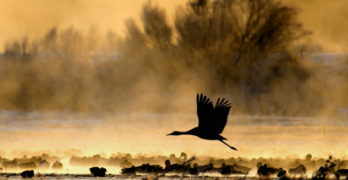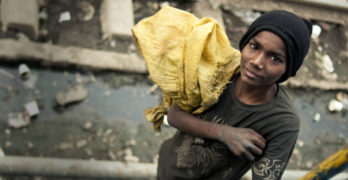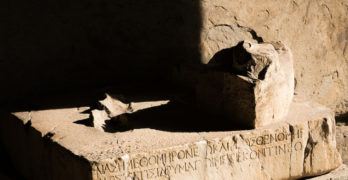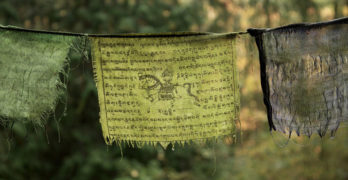The poems of “From Professor Murasaki’s Notebooks” by John Latham linger in the mind, and in the heart, long after the reading is done.
The First Poetry for Children: “Divine Emblems” by John Bunyan
In 1686, the English Puritan minister and writer John Bunyan published what we know today as “Divine Emblems,” the first book of poetry for children.
The Strangeness of “A Tale of Two Cities” by Charles Dickens
“A Tale of Two Cities” by Charles Dickens, one of the most quoted works of English literature, continues to speak to the human condition.
The Poetry of the Visiting Card: Miss Jennie Todt meets Catherina Gerhard
A visiting card in an 1899 edition of “Longfellow’s Complete Poems” leads to stories of German immigrants, St. Louis history, and even beer.
Of Color, Beauty, the Alphabet, and Fun: “A is for Azure”
“A is for Azure,” written by L.L. Barkat and illustrated by Donna Falcone, is a book about color, the alphabet, and literacy. It’s also full of childlike wonder.
“Housman Country: Into the Heart of England”
Peter Parker, in “Housman Country: Into the Heart of England,” explains why “A Shropshire Lad” became one of the most popular poetry books of the 20th century.
Childhood, Poetry, and History: “The Courtship of Miles Standish”
Reading “The Courtship of Miles Standish” by Henry Wadsworth Longfellow brings memories of childhood, poetry, and history.
Honoring Gwendolyn Brooks: The Golden Shovel Anthology
“The Golden Shovel Anthology” has been published by the University of Arkansas Press to honor poet Gwendolyn Brooks, with a new poetic form.
Poetic Voices: Scott Owens and David Chorlton
Poets Scott Owens and David Chorlton might rightfully be call “poets of the land” But the lands they immerse themselves in are very different.
Poets and Poems: Jeremiah Webster and “After So Many Fires”
“After So Many Fires” by poet Jeremiah Webster brings us into a different landscape different from many contemporary collections – a landscape of hope.
The Poem as Modern Myth: “Evangeline” by Henry Wadsworth Longfellow
“Evangeline” by Henry Wadsworth Longfellow resurrected an almost forgotten event in Canadian and American history and helped shaped a regional people.
A Legend in Iran: The Poems of Shamseddin Hafez
Shamseddin Hafez, a contemporary of Chaucer, is still considered the greatest poet of Iran, and even taxi drivers sing his ghazals.
Our Best-Known Patriotic Poem: Longfellow Visits a Church
Henry Wadsworth Longfellow climbed the stairs of the Old North Church tower in Boston in April, 1860; the result was America’s best-known patriotic poem.
Tales of the First Age: “Beren and Luthien” by J.R.R. Tolkien
“Beren and Luthien” by J.R.R. Tolkien is the latest story edited by his son and literary executor Christopher Tolkien, and one of the earliest he wrote.
The Grandfather Stories: Goldilocks and the Three Brothers
Reading to our grandsons has taught us that the “social time” of reading is just as important as the reading itself — reading tells them they matter.
“The Whole Harmonium: The Life of Wallace Stevens” by Paul Mariani
In “The Whole Harmonium,” biographer and poet Paul Mariani tells the story of Wallace Stevens, poet, philosopher, insurance executive, and family man.
Poets and Poems: Mischa Willett and “Phases”
Filled with flashes of deep insight, “Phases” by poet Mischa Willett covers subjects as diverse as classical antiquity and old girlfriends.
The Surprise of “Oliver Twist” by Charles Dickens
Surprisingly, “Oliver Twist” by Charles Dickens isn’t one of his best works, but it contains elements of the genius for which he’d become famous.
A Small Volume of Essays, A Larger World of Poetry
A book of essays first published in 1916 provides a window into poetry and its practitioners, as well as how poetry was taught in classrooms.
The Pulitzer Prize for Poetry: “Olio” by Tyehimba Jess
The Pulitzer Prize-winning poetry collection “Olio” by Tyehimba Jess bends poetry our of its familiar groove to tell a story few Americans know.
